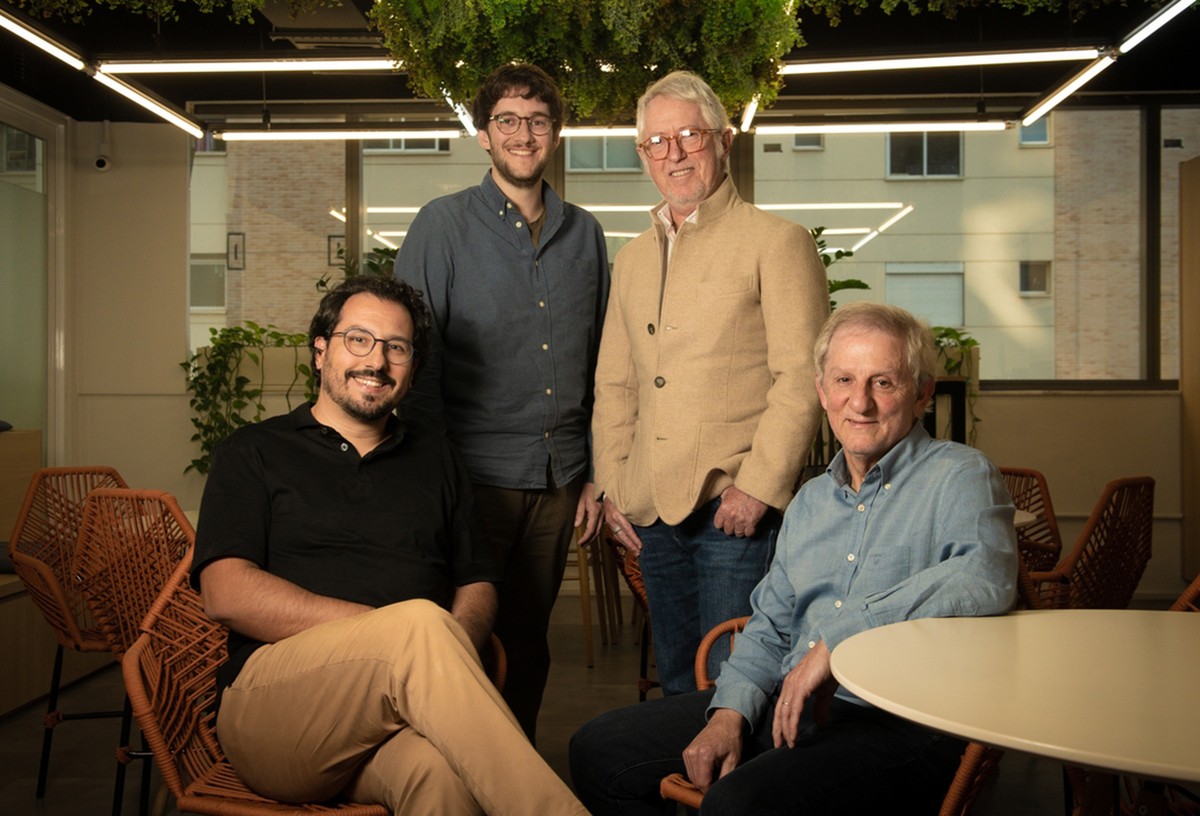Transforming young Brazilians into future researchers, scientists, and entrepreneurs in the global technology market—while reducing barriers to social inclusion and diversity—is the mission of the new Institute of Technology and Computing (Itec). The first phase of the project began this week in the metropolitan region of Porto Alegre, Rio Grande do Sul, and is scheduled for completion in 2026.
The nonprofit initiative, conceived by technology entrepreneur and philanthropist Cristiano Franco, has a budget of R$400 million for its first ten years, dedicated to training young Brazilians in computer science. Alongside Mr. Franco, Itec’s founders and financiers include entrepreneurs Marcelo Lacerda and Sérgio Pretto, co-founders of NutecNet, which gave rise to the Terra portal (part of the Telefônica Group). The Behring Foundation—a family-run nonprofit that supports youth and social initiatives—and the Telles Foundation, focused on expanding access to education for low-income youth, are also among its backers.
The model seeks to “maximize the potential for mobility among young talent,” integrating students from diverse social and financial backgrounds, Mr. Franco told Valor. “Itec’s focus is very much on reconciling this common space that integrates these worlds and empowers young people regardless of their origin,” he says.
Itec proposes to dedicate 70% of its budget to full or partial scholarships. Selection will not rely solely on exams, but also on interviews and an evaluation of applicants’ activities. “We will partner with high schools to seek out talent,” explains Mr. Franco.
In September, Itec’s curriculum will be submitted to the Ministry of Education (MEC). The proposal draws inspiration from leading American educational institutions, including Caltech, Carnegie Mellon University, and Harvey Mudd College, which are known for their comprehensive and immersive models, often featuring on-campus housing.
The first class is expected to begin in March 2027, with 60 students in the initial phase of the campus. By 2036, enrollment is projected to reach 400 students simultaneously.
The 20,000-hectare site in Gravataí, Greater Porto Alegre, was donated by the partners of the Prado Bairro Cidade condominium: businessman Carlos Gerdau Johannpeter of the Gerdau family, Fernando Estima of Sameside Gestão de Patrimônio, and the Pavei family, owners of the luxury construction firm Pavei Empreendimentos.
The same neighborhood is also home to PradoTech, a technology park spearheaded by Mr. Johannpeter, whose Casa das Startups incubator won recognition in 2023.
The project to create Itec, developed over a two-year period, has a curriculum that extends beyond traditional technical training. “The goal is to train professionals who think and act with ethics and responsibility,” emphasizes Mr. Franco. In addition to attracting students, Itec also aims to bring back Brazilian professors who are leaders at prominent universities worldwide, including Stanford in California, another benchmark in training technology entrepreneurs.
The Itec curriculum was designed by Brazilian academic Giselle Reis, who is the head of the Computer Science program at Carnegie Mellon University in Qatar. Among the project advisors and members of the academic council are Canadian computer scientist Maria Klawe, former president of Harvey Mudd College and former advisor to Microsoft, and Brazilian computer scientist Luis Lamb, who works at the Catholic Institute of Technology in Boston (U.S.).
Promoting technology education has been a central focus of Mr. Franco’s career. In 2015, he founded the software developer Poatek, which was later acquired in 2021 by WillowTree, an American consulting firm owned by the U.S. investment fund Insignia Capital. When WillowTree was acquired in 2023 by Canadian technology services company Telus International for $1.2 billion, Mr. Franco left the company and dedicated himself full-time to the Itec project.
“It’s the next step in my life story,” says Mr. Franco, who was born in rural Rio Grande do Sul. He was the first in his family to study abroad on a scholarship and went on to build an international career in the technology sector. “Everything I’ve built in my career has basically been through study.”
The launch of Itec comes at a time when major multinationals are unveiling technology training programs. Last week, Amazon Web Services (AWS), Amazon’s cloud services division, announced plans to train 1 million people in cloud computing and artificial intelligence (AI) in Brazil over the next decade.
The founders and financiers of Itec agree that technology training is essential to addressing the shortage of professionals in the Brazilian market, but they emphasize that the institute’s mission is to provide fundamental and theoretical training. “AI will certainly make software engineers much more productive, but we want to find young Brazilians with remarkable talent and, in some way, support them in creating new things, whether using AI or not,” says Mr. Lacerda.
In Mr. Franco’s view, beyond technology and mathematics, the aim is to prepare young people “who think and act with ethics, responsibility, and critical thinking” to solve both today’s challenges and “those that will arise” in the future.

